Behind The Board Games: Reiner Knizia
May 2, 2019 by ludicryan
Reiner Knizia is perhaps the most prolific board game designer in the world. Having designed and released over 600 games including Modern Art, Tigris & Euphrates, Lost Cities, Medici and most recently with Big Potato games Clickbait.
Ryan asks some of his most burning questions to Reiner about his background as a mathematician and how he approaches game design.
Ryan - With having developed hundreds of games, where do you draw inspiration from? Is it a theme, interesting mechanical synergies or even in leading the players through a particular story?
Reiner - This is a very interesting question! Almost everything has stayed the same, but on the other hand, almost everything has completely changed…
Due to the digital revolution in games, the markets have grown enormously and are also much more global today. Nowadays, the games industry is the biggest leisure industry, larger than music, movies, or books. We see significantly more novelties each year. This should make it easier for the game designers to place their games, however, there are also many more game designers today. Because we have far more than 1,000 game novelties each year, the challenge is more than ever to stand out from the crowd. Simply having a game that plays well, is exciting and fun, no longer suffices.
Every publisher demands a special game that stands out from the crowd. Of course, not each of the 1,000 games can stand out from the crowd of 1,000 games…
My main regret about the development over the past 25 years is that the publishing houses are today much more driven by managers with a Procter & Gamble brand management background and that the real publishers with a heart rooted in the games are dying out.
Ryan - Having a PhD in mathematics do you design games by mapping out the probability and finding a particular mathematical balance? Or at times is it more important to playtest and get a feel for what is fun or what you are trying to achieve mechanically?
Reiner - If you are a hobby game designer, working on only a few designs each year, it is easy to follow your favourite approach. When I started, the theme was the driving factor. The theme was the inspiration for the game mechanics and also defined the components, and everything else was in the new design.
When I became a full-time professional game designer, I soon started to realise, being a scientist myself, that game design is not a science. Game design is an art!
Innovation does not spark when you always start from the same point and then follow a fixed methodology of how to progress. Trampling along the same path with each design is unlikely to lead you to something groundbreakingly new. I have learned to look for ever new entry points of innovation.
Even though it may sound trivial, it is a deep insight that starting with a new innovative idea gives you the best chances to finally end up with innovative new game design. Hemingway once said that you need to live in order to write. I believe that you also need to walk through life with open eyes to be an innovative game designer who brings relevant games to the world.
Ryan - Do you ever consider mathematically 'solved' games like Draughts or Mu Torere when designing games? How often does a meta develop when playtesting that can define the game in unintended ways?
Reiner - The psychologist Watzlawick once said that if all you have is a hammer, everything in the world will soon look like a nail.
I am a mathematician, but I believe that any attempt to calculate fun into my game designs would set me up for failure. The lifeblood of game design is playtesting. Irrespective of how much experience you have, nothing can replace the reality check of your designs. Of course, all of my new designs work perfectly well in my head, until ‘for the first time’ they hit the playing table…
Ryan - Is there a genre or mechanic that you particularly enjoy working with to find something new and innovative? Do you think there's a limit to any one particular genre or can it always be synthesised with others or have new twists or mechanics added to them?
Reiner - Games are a mirror of our time. As the cliché says, you are only ever as good as your next new design. The question is less about how many variations can be added to a particular game genre, how many character licences can be applied to it, and how many different themes the genre can be presented in. Even though there are many successful ‘standard’ games on the market, our industry grows and develops through the appearance of new genres. Of course, not every game designer can be so lucky – and you make your own luck! – to come up with a ground-breaking genre like the collectable card games which created an entirely new sector in our industry.
This brings me back to the first question and the development of our industry over the last 25 years. Even though all the publishers ask for great innovations that stand out from the crowd, many large publishing houses, where the sales forces dominate the design departments, take the safe route of easy sales next week and next month and maybe even next year, but miss the long-term investment into new relevant genres 3 or 5 years ahead.
Ryan - From your history of developing games, do you think there's something that board games can do that is not possible with other media?
Oh yes, I absolutely believe that board games have a unique place in our world. Games bring people together, irrespective of their age, their background, their nationality and their religion. In our games all players are equal. The games open the door to new worlds and new roles and experiences which our day to day life cannot offer. We are actively engaged! I believe there are very few activities in the world which are equally as valuable and rewarding as playing games.
Thank you to Reiner for sparing some time to talk to us. You can check out his games from his website here.
What are your favourite Reiner Knizia games?
Supported by (Turn Off)
Supported by (Turn Off)
Supported by (Turn Off)
































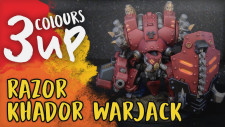
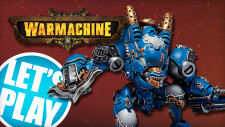







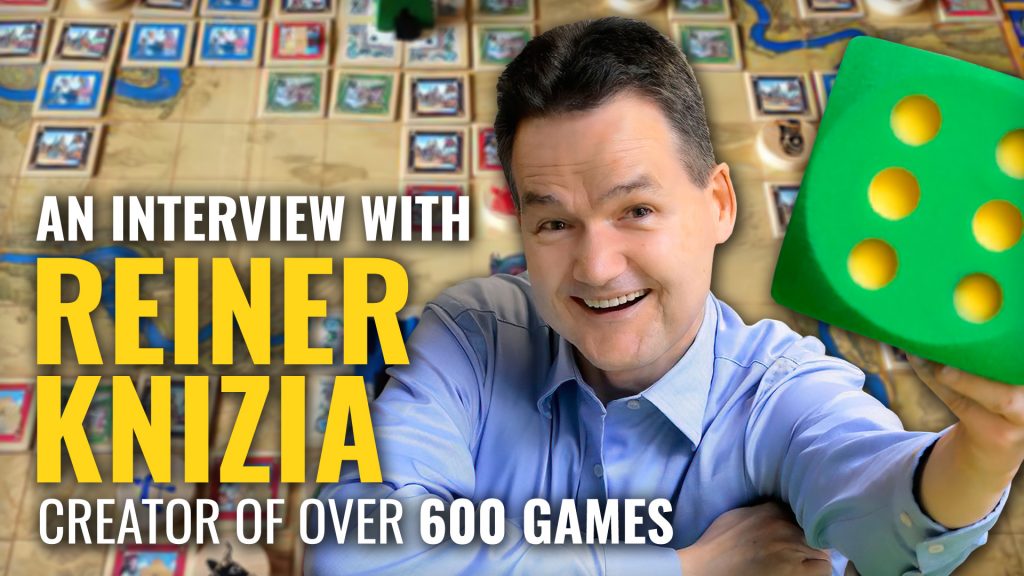
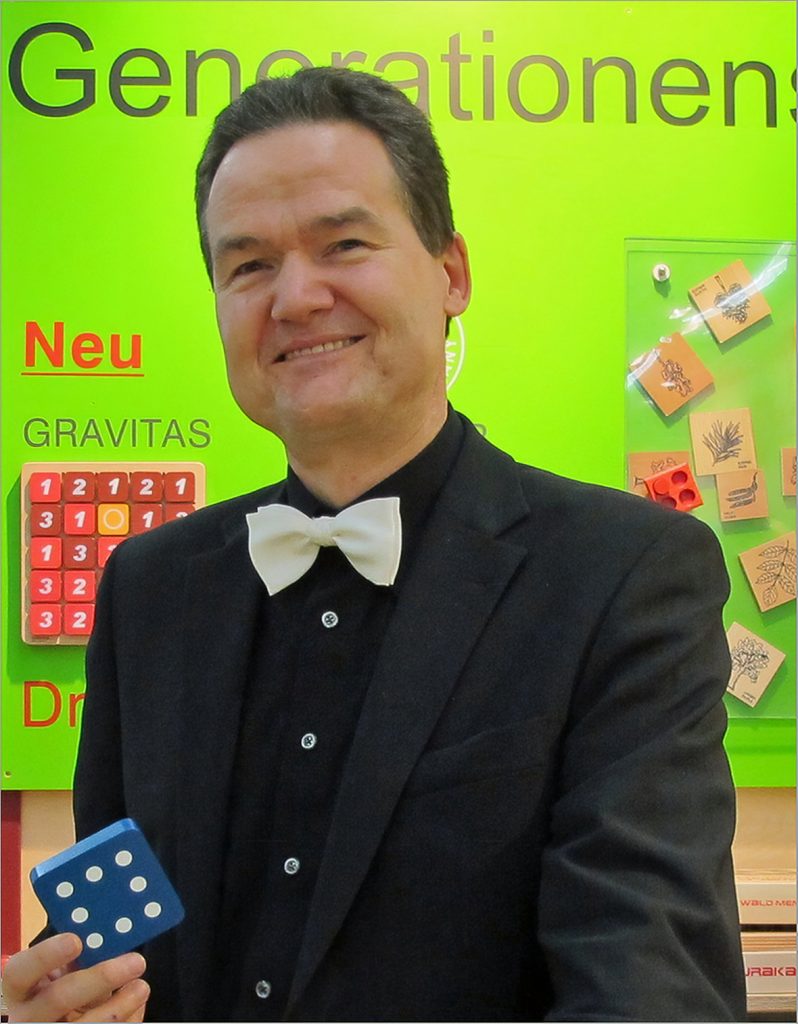
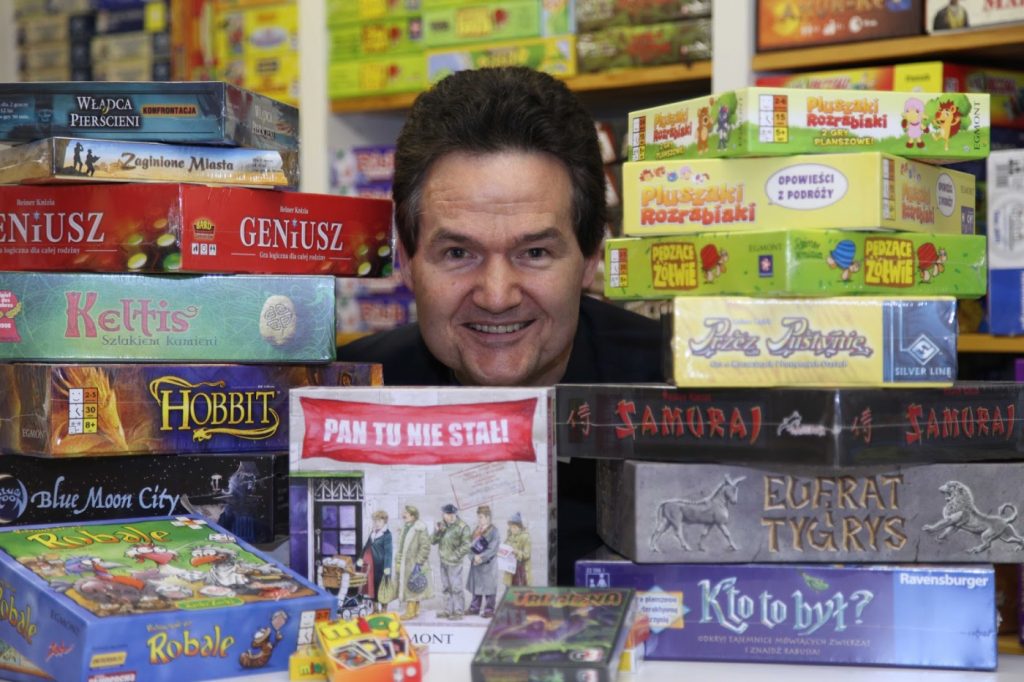


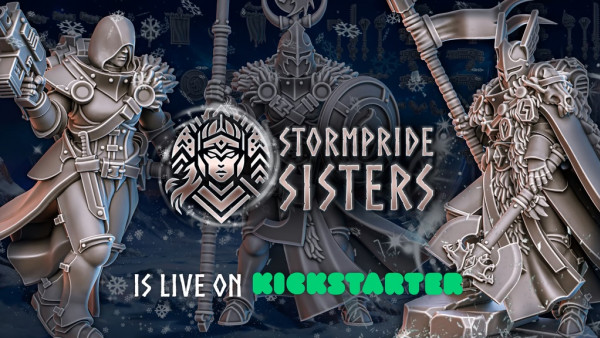
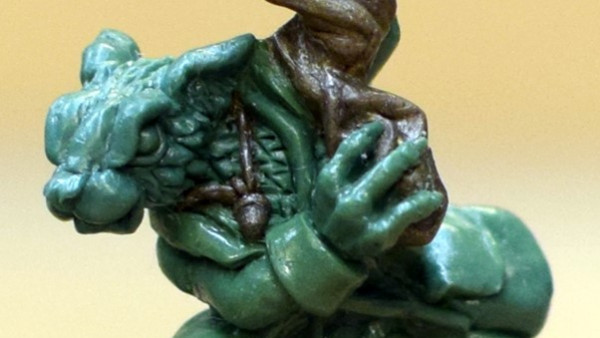
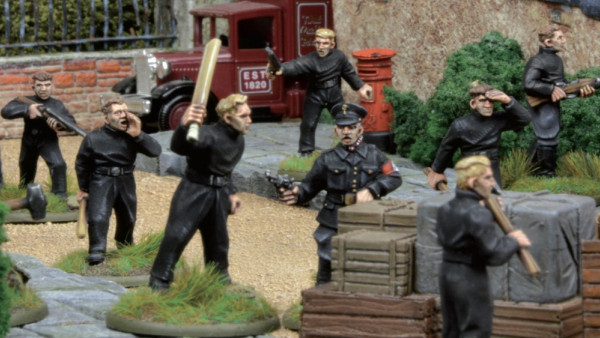
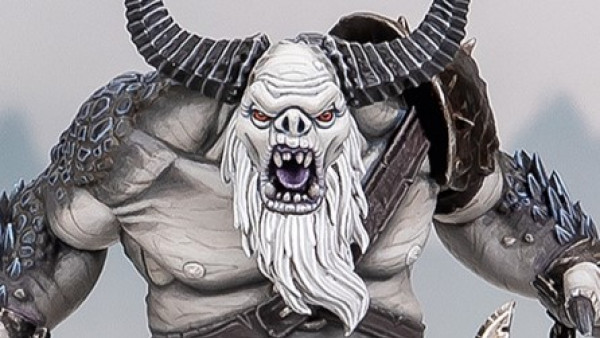
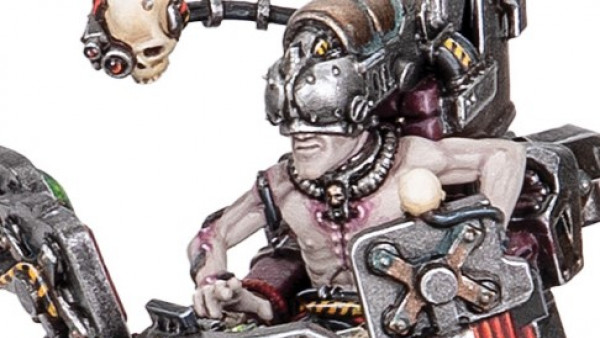
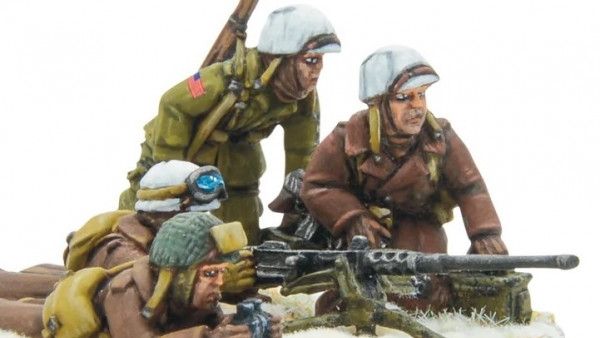
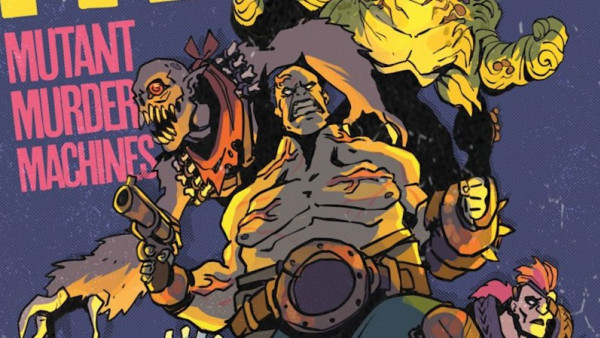
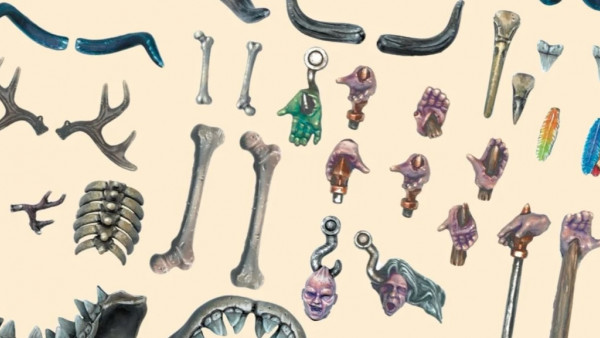
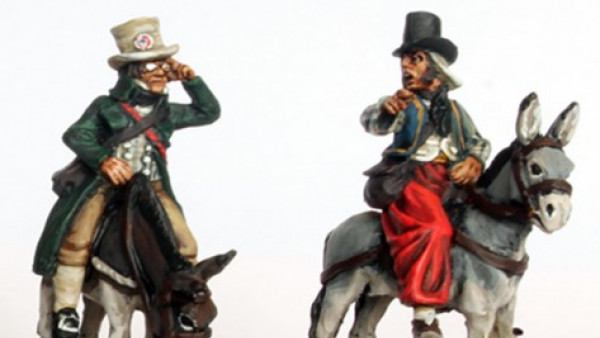
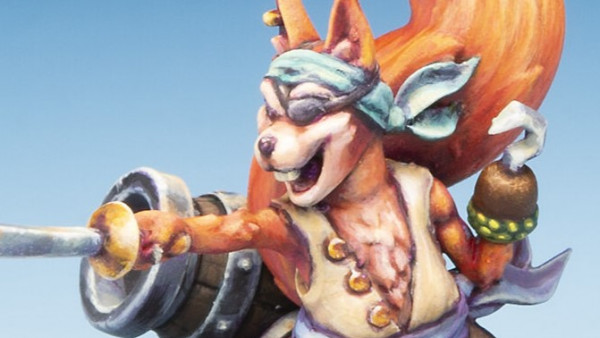
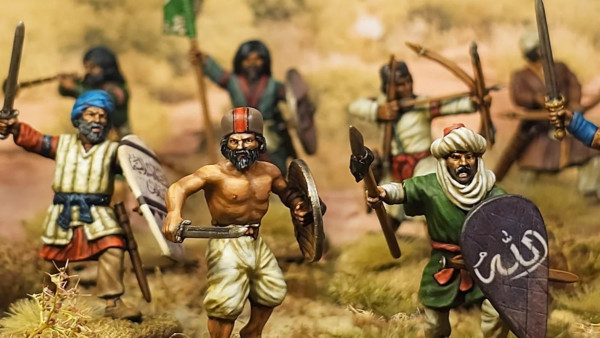

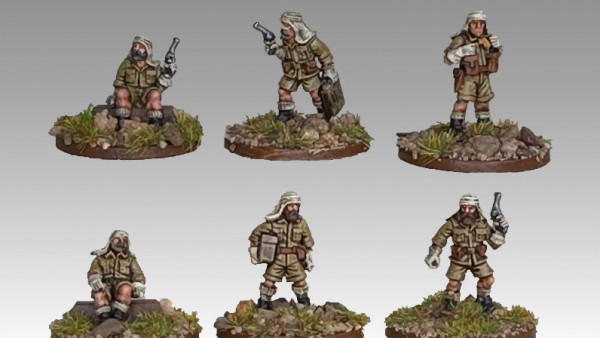
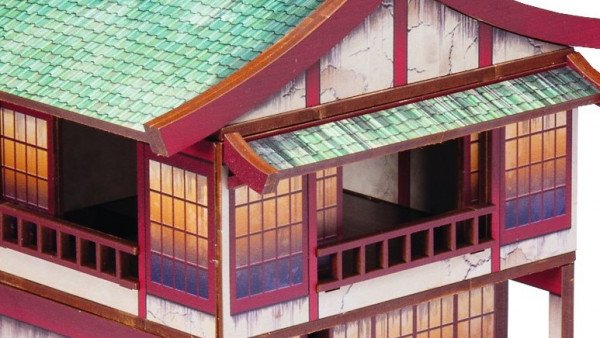
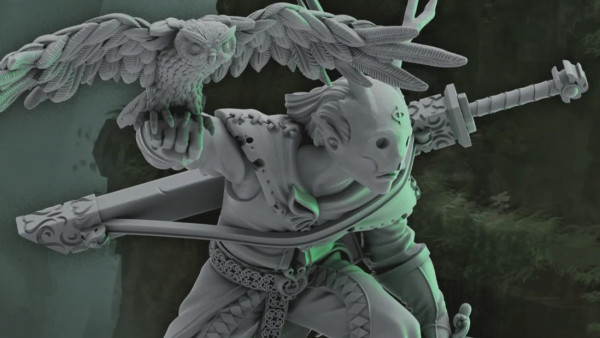
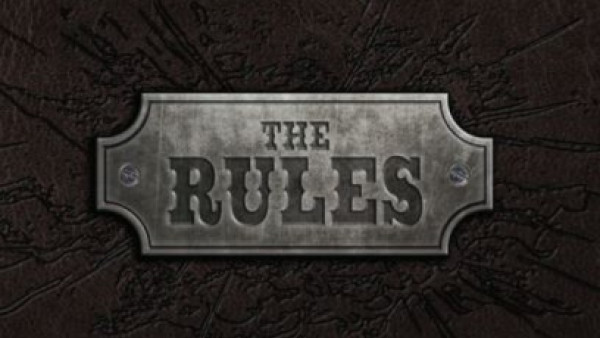
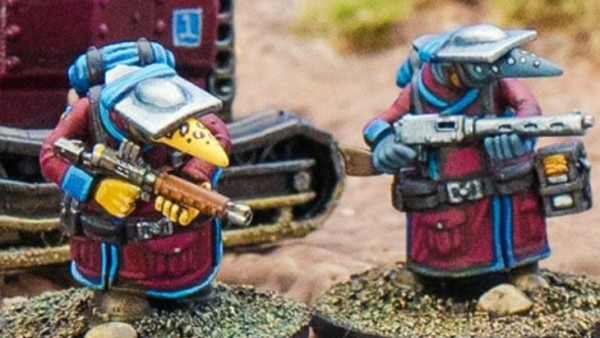
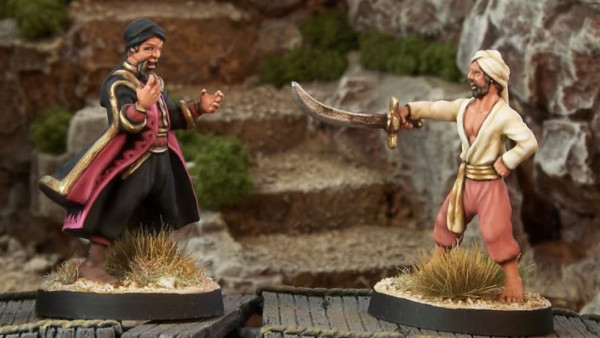
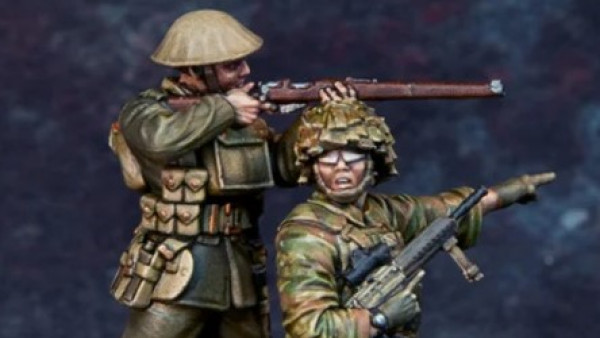
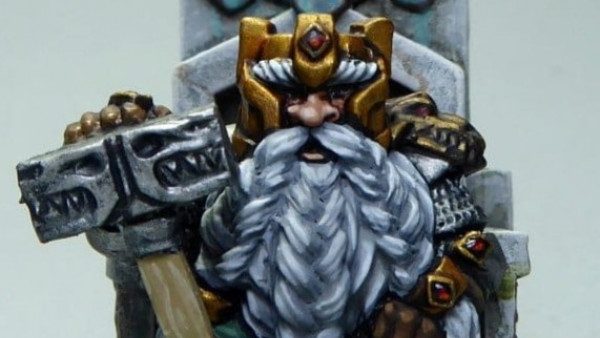
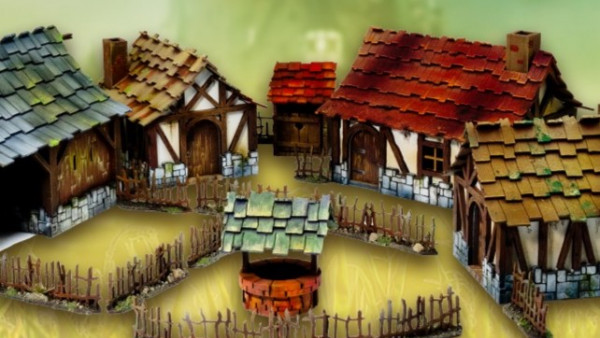
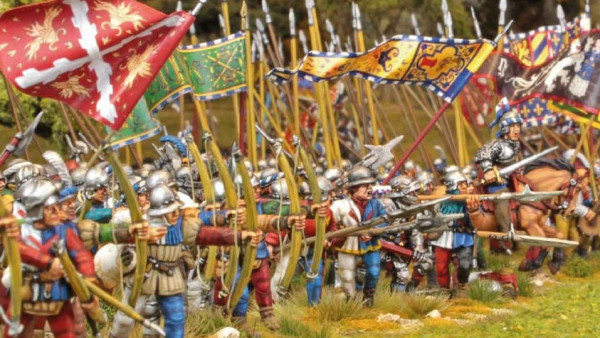
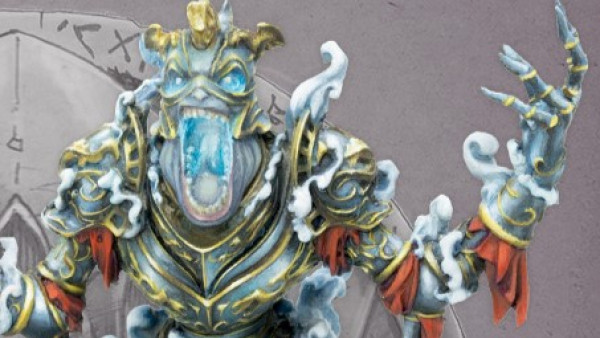
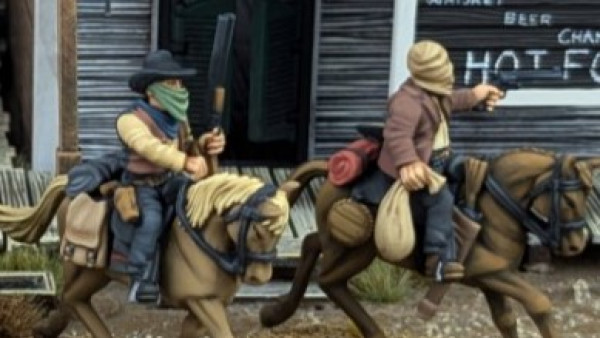
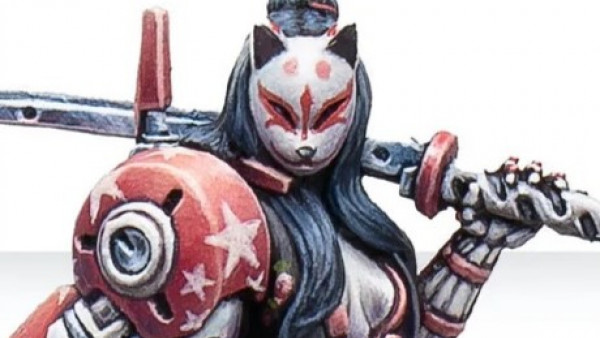
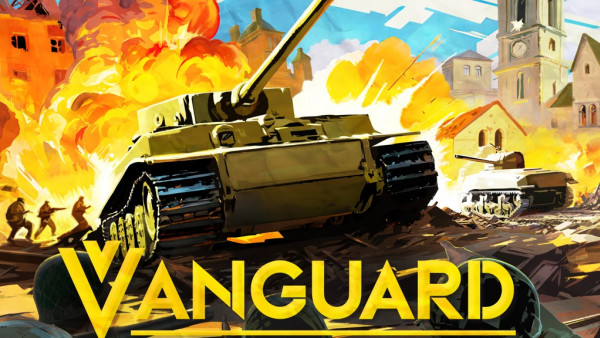
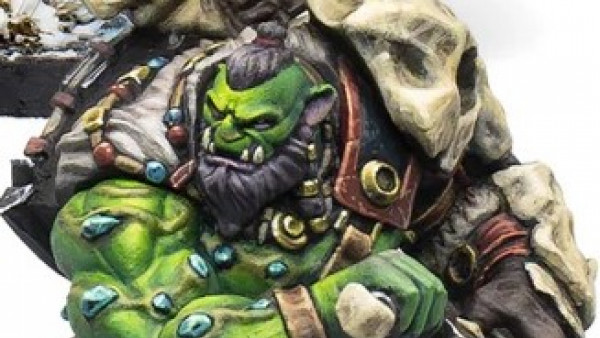
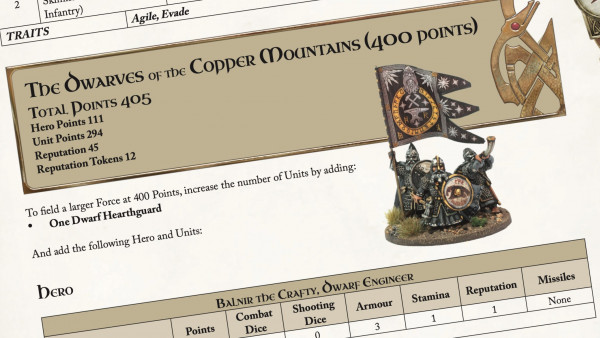
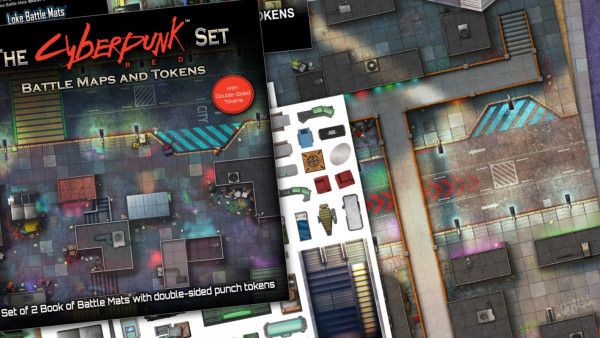
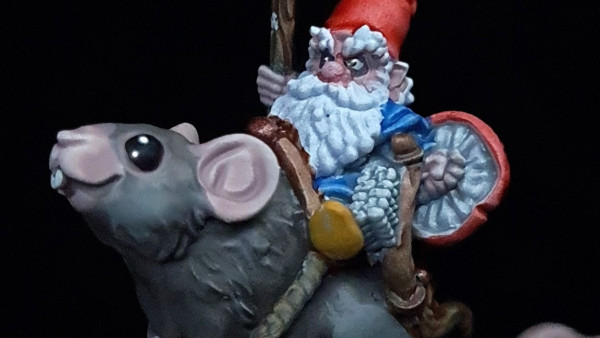


This was a very interesting article. Some real insight into approaching games design.
Nice one guy’s.